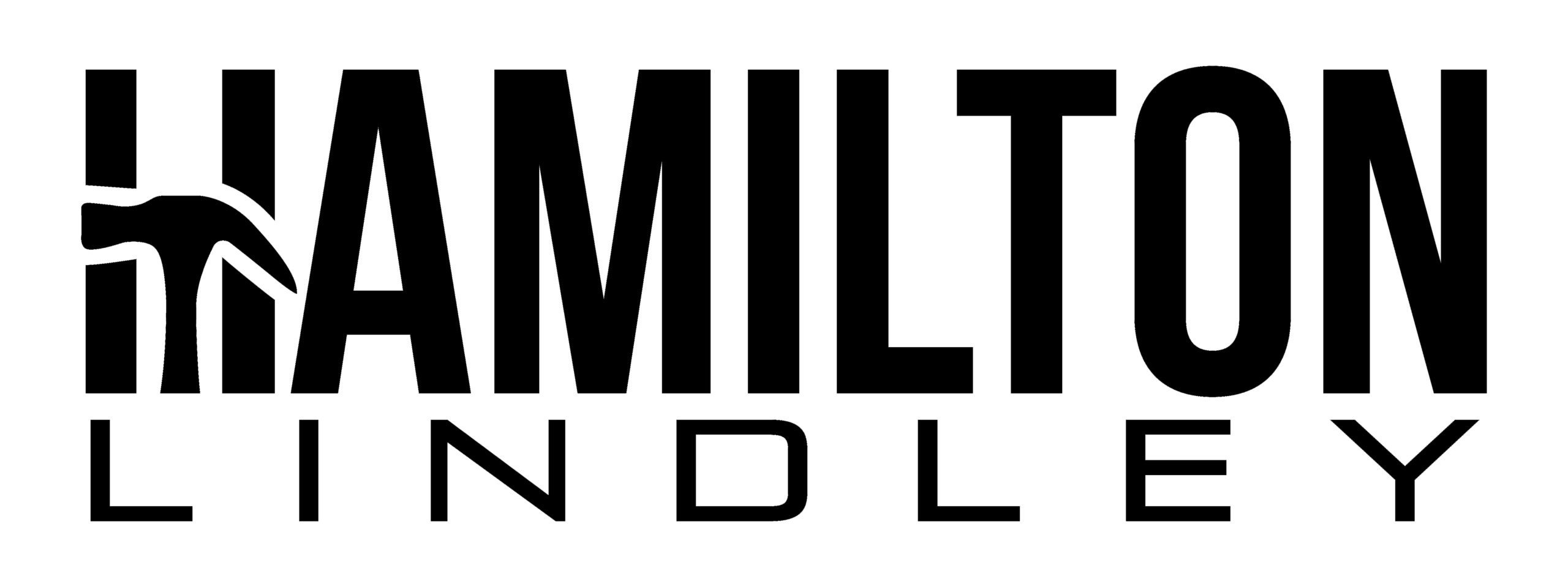We’re navigating day 601 of the pandemic, and you might have noticed your team feeling detached and sad. How do you tackle this shrinking morale? The answer is gratitude. It’s connected to better physical health, improved sleep, and increased self-esteem.
The Bright Side of Being Thankful:
Even if finding something to be thankful for feels tough right now, practicing gratitude brings many benefits.
Smile More and Stress Less:
- Thankfulness is linked to 23% lower levels of the stress hormone cortisol. Simple gratitude activities, like counting blessings and writing gratitude letters, reduced the risk of depression by 41% over six months. Gratitude reduces stress and boosts happiness by blocking toxic emotions like regret, envy, resentment, and depression.
Build a More Resilient Brain:
- Gratitude contributes to mental toughness. Vietnam War Veterans practicing gratitude had lower rates of PTSD. Building resilience helps your team thrive despite distractions.
Encouraging Team Gratitude:
How can you infuse thankfulness into your team? It’s something to practice both individually and as a group. Here are five ways to boost team gratitude:
Weave Gratitude into Evaluations:
- When evaluating a project, add a third element – express gratitude for your team’s contributions. A quick acknowledgment shows genuine appreciation.
Set Aside Time for “Snaps” or Acknowledgments:
- Only one in three workers feel they get recognition for good work. Dedicate a few minutes in meetings for coworkers to share accomplishments.
Gain a Fresh View on Missteps:
- Turn challenges into gratitude opportunities. Ask questions during troubleshooting to find silver linings and learn from experiences.
Instead of Apologizing, Say Thank You:
- Change the script by replacing apologies with thanks. For instance, say “Thanks for catching that” instead of “I’m sorry for messing up.” It helps us notice and appreciate what we have and shows confidence in others.
Make Gratitude Essential:
- With nearly 70% of workers finding the pandemic the most stressful time in their careers, fostering an appreciation culture reduces stress, increases happiness, boosts mental toughness, and helps your team focus on the positives.
In conclusion, gratitude is a powerful tool to uplift your team’s spirits and create a more positive work environment, even in challenging times.

